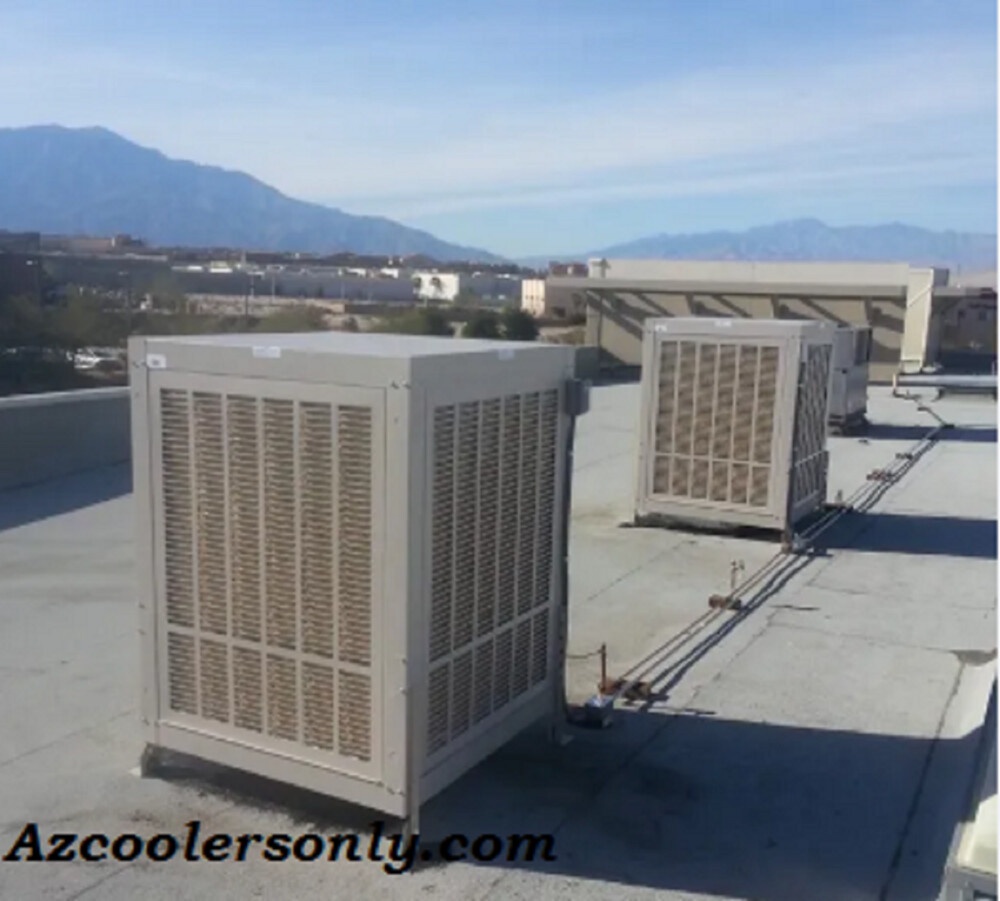Swamp Cooler Services: Installation, Repair, Replacement, and Maintenance
If you're looking to beat the summer heat affordably and efficiently, a swamp cooler (also known as an evaporative cooler) can be a fantastic option. These devices work by drawing warm air through water-saturated pads, cooling it through evaporation, and then circulating this cooler air into your living spaces. While swamp coolers are generally low-cost and energy-efficient, they do require regular maintenance and occasional repair. Here’s a comprehensive guide to swamp cooler installation, service, replacement, and maintenance.
Swamp Cooler Installation:
Installing a swamp cooler involves several key steps to ensure optimal performance and longevity. It's typically recommended to hire a professional HVAC technician for this task. They will:
Assess Your Home: Determine the best location for the swamp cooler to ensure even distribution of cool air throughout your living space.
Select the Right Size: Install a swamp cooler that is appropriately sized for your home. An oversized or undersized unit can lead to inefficiency and higher energy costs.
Set Up Water Supply: Connect the swamp cooler to a water source, ensuring a consistent supply for the evaporation process.
Ventilation: Install ductwork or vents to ensure proper air circulation.
Swamp Cooler Service:
Regular servicing is crucial to keep your swamp cooler running smoothly. Routine maintenance tasks include:
Cleaning: Regularly clean or replace the water pads to prevent mold and mineral buildup.
Inspecting Water Lines: Check for leaks and ensure the water supply is consistent.
Checking Motor and Fan: Ensure the motor and fan are functioning properly and lubricate moving parts as needed.
Adjusting Settings: Verify thermostat settings and adjust as necessary for optimal cooling.
Despite regular maintenance, swamp coolers can still experience issues that require repair. Common problems include:
Water Leaks: Leaking water lines or connections may need tightening or replacement.
Motor Malfunctions: Faulty motors may need repair or replacement.
Inadequate Cooling: This could be due to clogged pads, insufficient water supply, or improper settings.
Strange Odors: Mold or mildew buildup can cause unpleasant odors, which may require cleaning and disinfecting.
If your swamp cooler is old or beyond repair, replacing it might be the best option. Signs you may need a replacement include:
Frequent Breakdowns: If repairs are becoming more frequent and costly, it may be more economical to invest in a new unit.
Decreased Efficiency: An aging swamp cooler may no longer cool your home effectively, leading to higher energy bills.
Outdated Technology: Newer models are often more energy-efficient and come with advanced features.
Swamp Cooler Maintenance Tips:
To extend the lifespan of your swamp cooler and ensure optimal performance, consider the following maintenance tips:
Regular Cleaning: Clean or replace water pads at least once a season.
Monitor Water Levels: Ensure the water supply is consistent and free from contaminants.
Seasonal Shutdown: Properly shut down and cover your swamp cooler during the offseason to prevent damage.
Professional Inspection: Schedule an annual inspection by an HVAC technician to detect potential issues early.
In conclusion, swamp coolers are an excellent choice for cooling homes in dry climates, but they require regular maintenance and occasional repairs to function efficiently. Whether you need installation, servicing, repair, or replacement, it's essential to enlist the help of qualified professionals to ensure your swamp cooler operates effectively throughout the hot summer months. Read More


No comments yet